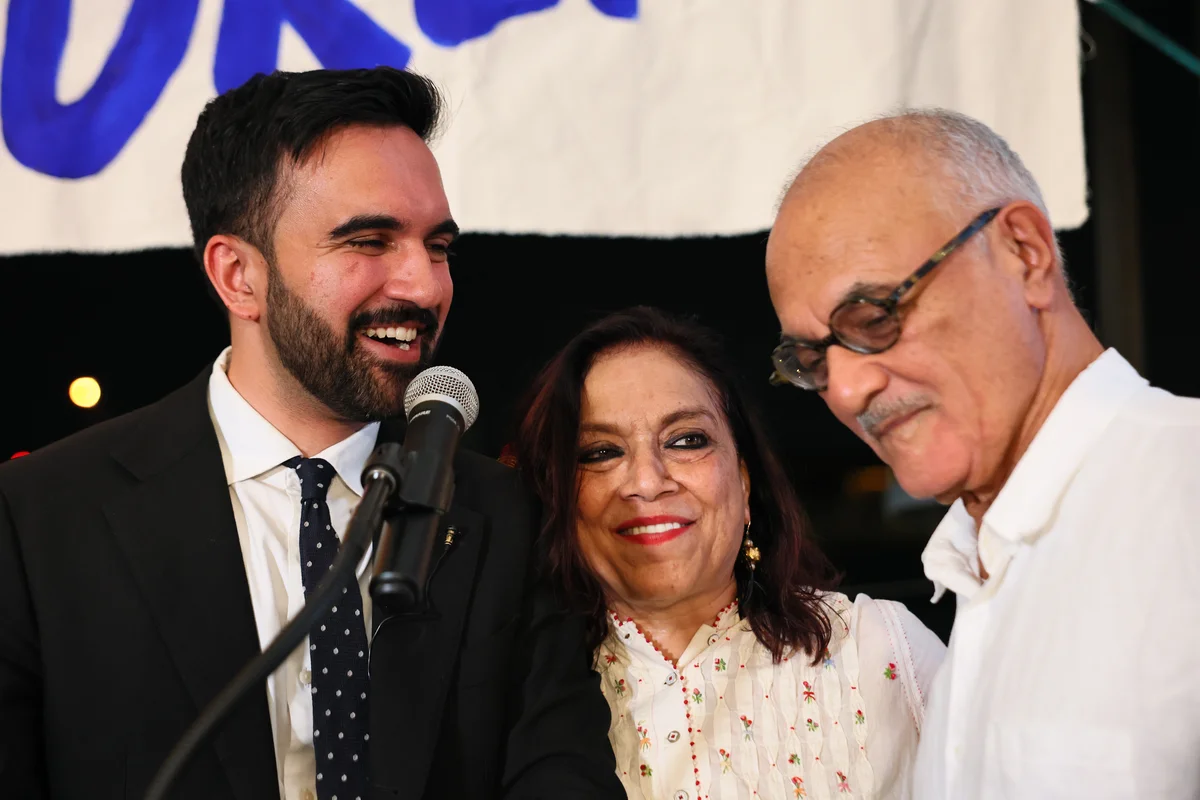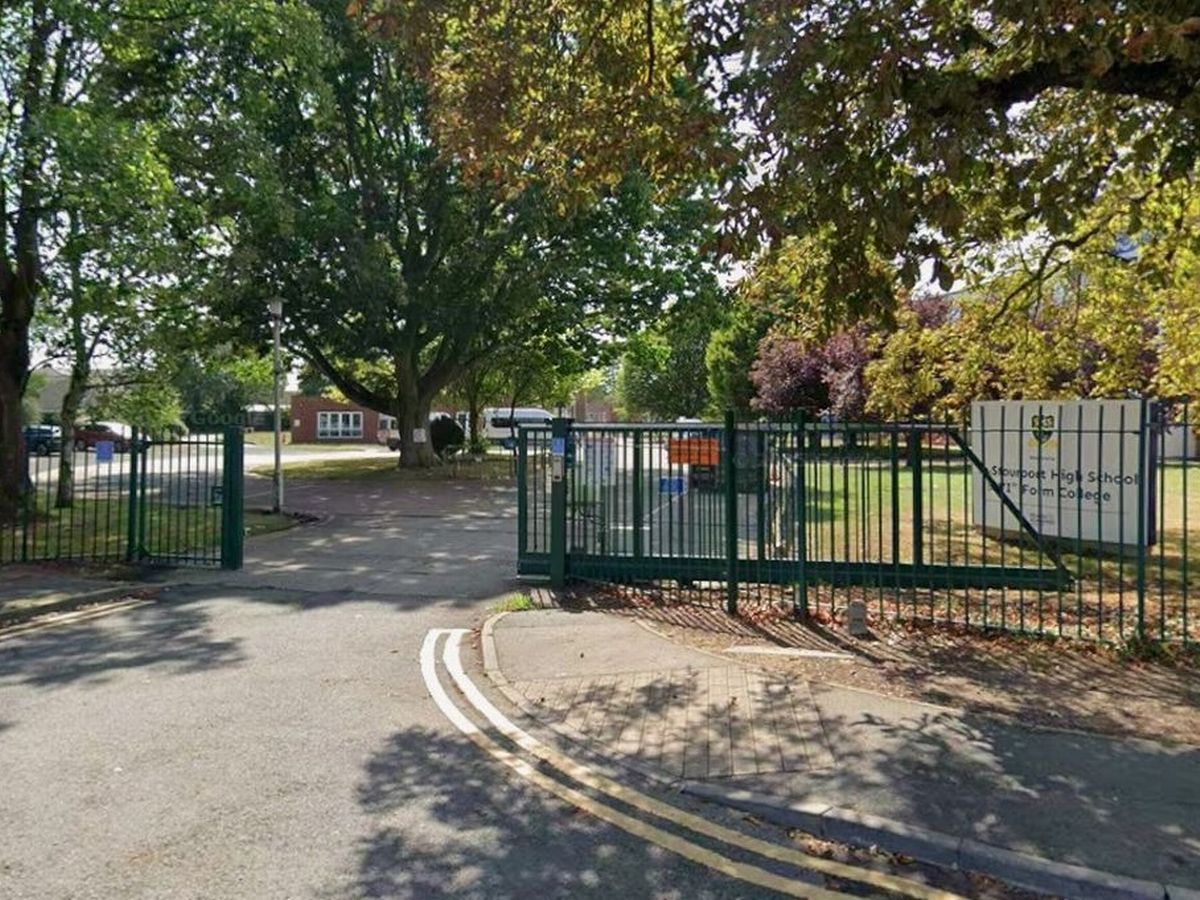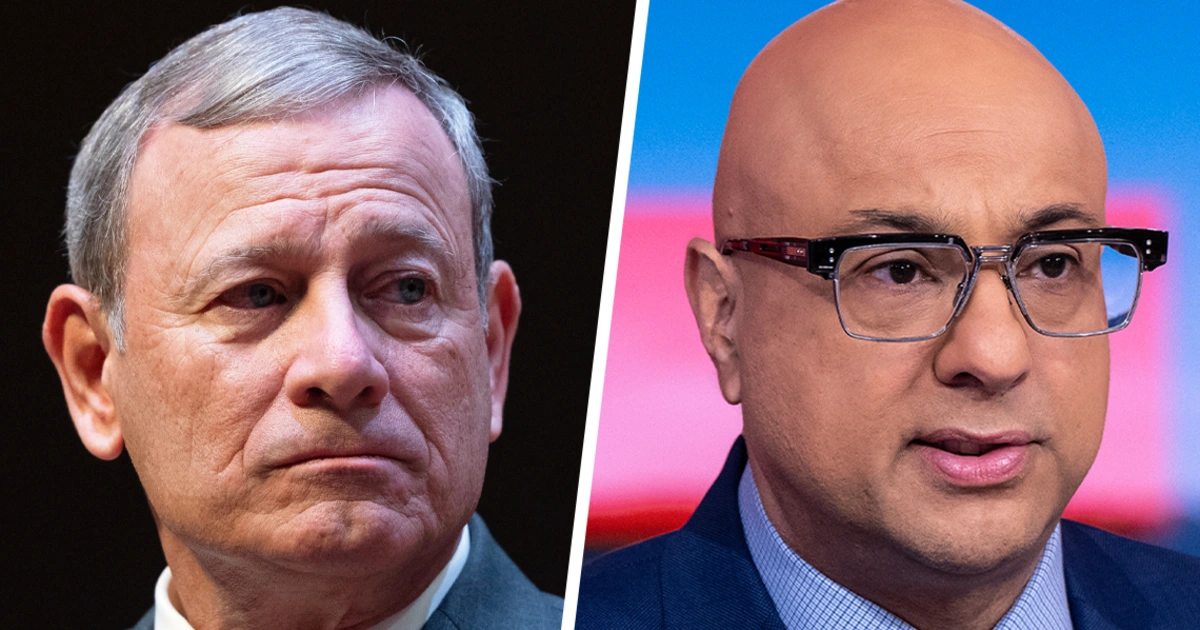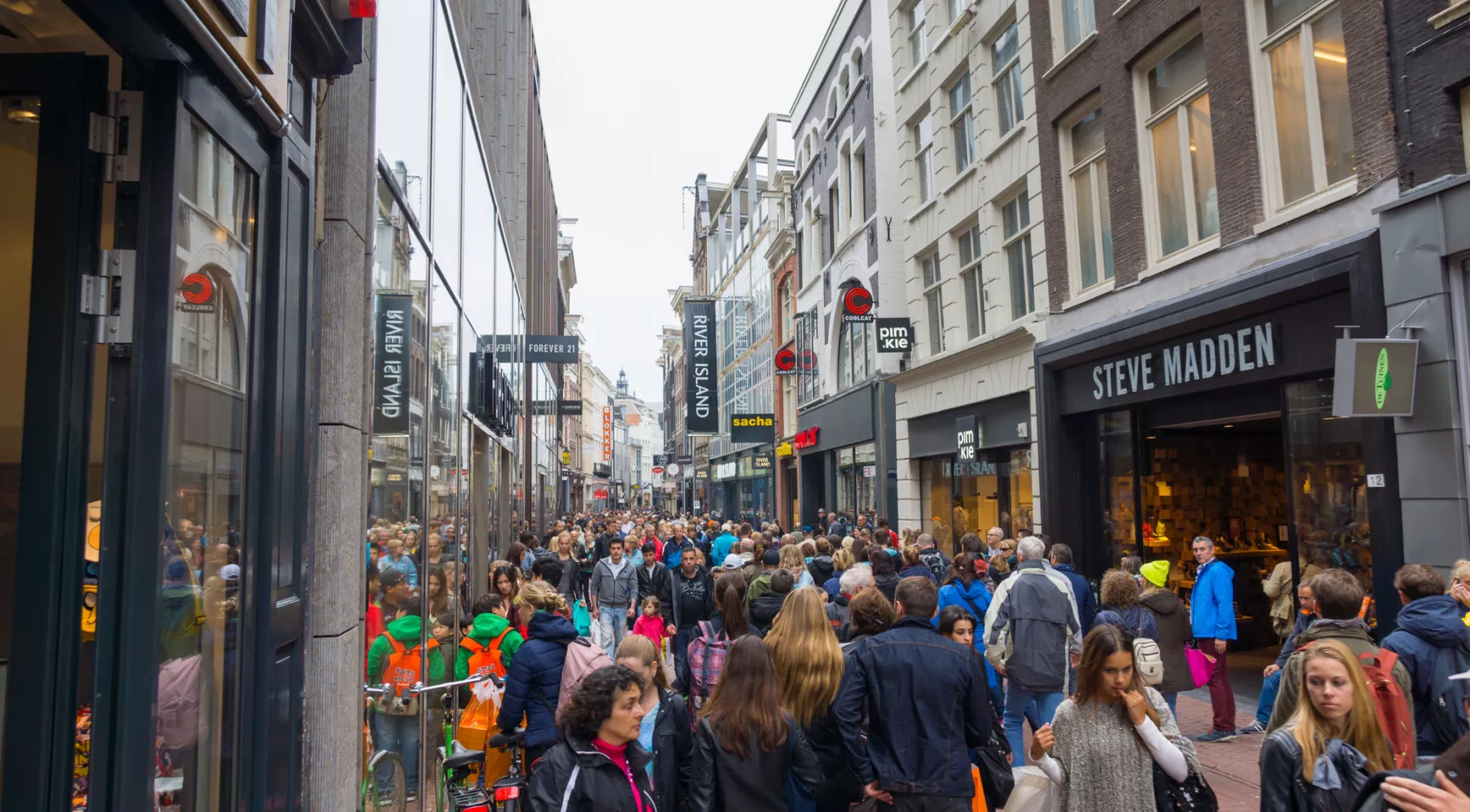Copyright independent

New Yorkers are going to the mayoral election today with an unlikely frontrunner on the ballot: a Democratic Socialist whose rise from community organiser to likely next mayor has upended many assumptions about politics in America. Zohran Mamdani, 34, is contesting against former New York governor Andrew Cuomo, a former Democrat running as an independent, and Republican Curtis Sliwa. Mamdani, who was born in Kampala to Indian-American filmmaker Mira Nair and Ugandan scholar Mahmood Mamdani, has framed his campaign, and politics more generally, as shaped by the experiences he grew up around. Nair was born in Rourkela in the eastern Indian state of Odisha in 1957. She studied sociology and went on to win a scholarship to Harvard University. Nair’s breakthrough 1988 film Salaam Bombay! sprang from her experiences on the streets of Mumbai, home of the Indian film industry, and sought to put a spotlight on the lives of the city’s homeless children. “The biggest conviction stemmed from the life of these children. Their attitude was about grabbing life and enjoying, and that impresses me and inspires me even now,” Nair told Reuters in 2013. “They want to have a full life and there is no self-pity.” Salaam Bombay! won the Caméra d’Or at Cannes and received an Academy Award nomination. In her career spanning over four decades, Nair has repeatedly turned to stories that traverse culture, migration and belonging, and talked about her desire to tell stories from the margins. “You know what is so startling, or not startling because I’m used to it now, is the ignorance that people here have of any other culture,” she told Believer in 2007. “That ignorance, which is acceptable to have, coupled with a slight arrogance is a deadly combination, and sadly one encounters it a lot in America.” Nair’s body of work spans continents and identities: from Mississippi Masala, which she describes as “a radical film” for centring a romance between a Black American man and an Indian-Ugandan woman at a time when such relationships were almost never shown on screen, to 2001’s Venice Golden Lion-winning ensemble drama Monsoon Wedding, which examines the clash between tradition and modernity inside a Delhi family. She met Mahmood Mamdani, a political scientist, in 1989 while she was in Uganda doing research for Mississippi Masala, which was released two years later starring Denzel Washington and Sarita Choudhury. Nair meant to interview the scholar whose book, From Citizen to Refugee, she had while researching Ugandan expatriation. They fell in love and married in 1991. Their son, the future mayoral nominee, was born later the same year. Mahmood Mamdani was born in 1946 in Mumbai and raised in Kampala, in the Indian diaspora community.In 1972, he was among the estimated 60,000 Asians expelled by dictator Idi Amin. “I was in my mid-twenties in November 1972 when I left Uganda on the orders of Idi Amin,” he wrote in the London Review of Books in 2022. He completed his PhD from Harvard University in 1974, beginning an academic career that would take him to universities in Tanzania, South Africa, and the US. He now holds the Herbert Lehman Professorship of Government at Columbia University in New York. From 2010 to 2022, he directed the Makerere Institute of Social Research in Kampala which he rebuilt into a centre for post-colonial scholarship. He is regarded as one of Africa’s most influential scholars of colonialism and political violence. His 1996 book Citizen and Subject introduced his influential concept of the “bifurcated state”, the idea that colonial rulers governed African populations through a system of direct urban rule and indirect rural chiefs, a structure he argues recombined in post-colonial governance. Both Nair and Mahmood Mamdani have come under attack during the campaign, especially from pro-Israel advocacy groups. The anonymous organisation Canary Mission, which publishes dossiers on academics and activists it labels “anti-Israel”, has listed both on its website. In 2013, Nair publicly declined an invitation to the Haifa International Film Festival, saying she would not travel to Israel “until apartheid is over”. “I will go to Israel when the walls come down,” she said, “when the state does not privilege one religion over another.” Mahmood Mamdani took part in campus teach-ins during the 2024 protests against the Israeli war on Gaza and accused his university of abandoning due process when it suspended student demonstrators. “There has been no due process on the Columbia campus,” he told reporters at the time. His writing has also been cited in the attacks against him. He has argued in lectures and books that Zionism functions as a form of settler-colonial power, a position that has led pro-Israel commentators to accuse him of extremism, even though his work is assigned in university courses worldwide. Zohran Mamdani has faced similar criticism for his own statements on Israel and Gaza, but has rejected accusations of antisemitism. The question of how much the politics of his parents have shaped his own has been a recurring line of inquiry on the campaign trail. “He’s his own person,” Mahmood Mamdani said, according to The New York Times. “Now, of course what we do as his parents is part of the environment in which he grew up, and he couldn’t help but engage with it. That doesn’t mean anything is reflected back on us.” “I don’t agree!” Nair said. “Of course the world we live in, and what we write and film and think about, is the world that Zohran has very much absorbed.”



